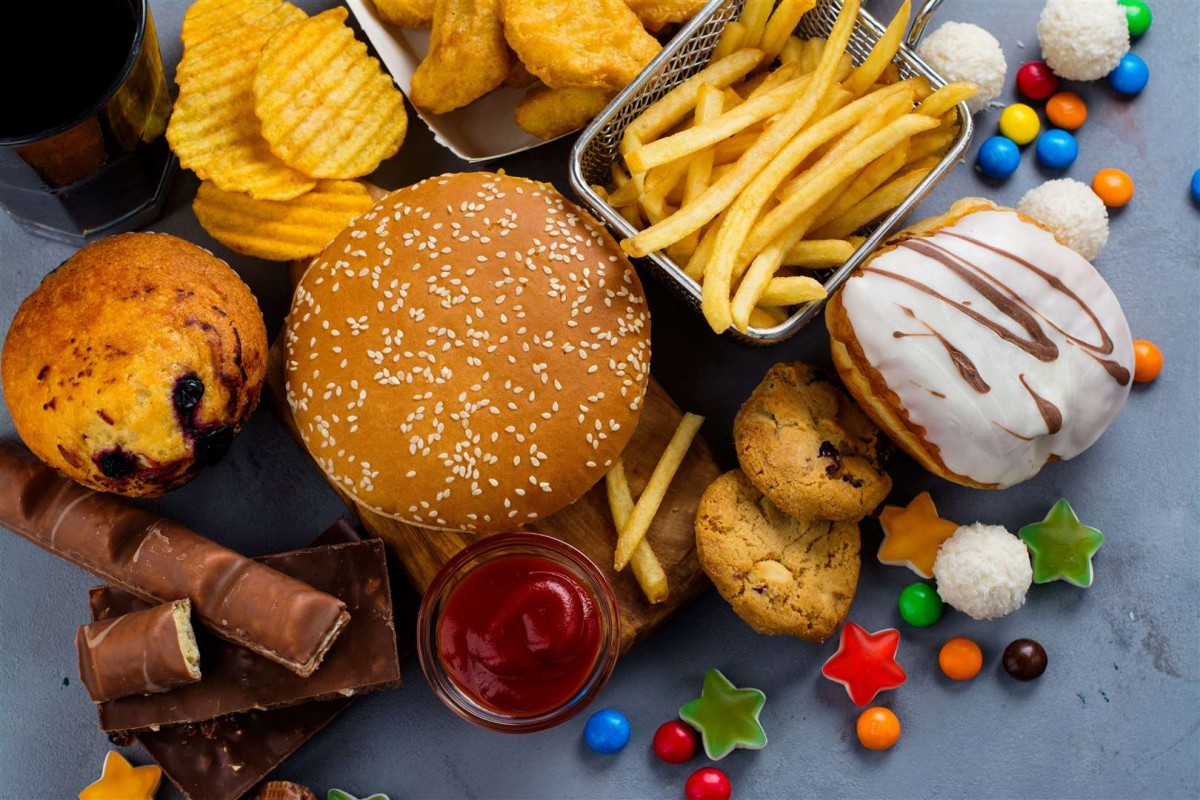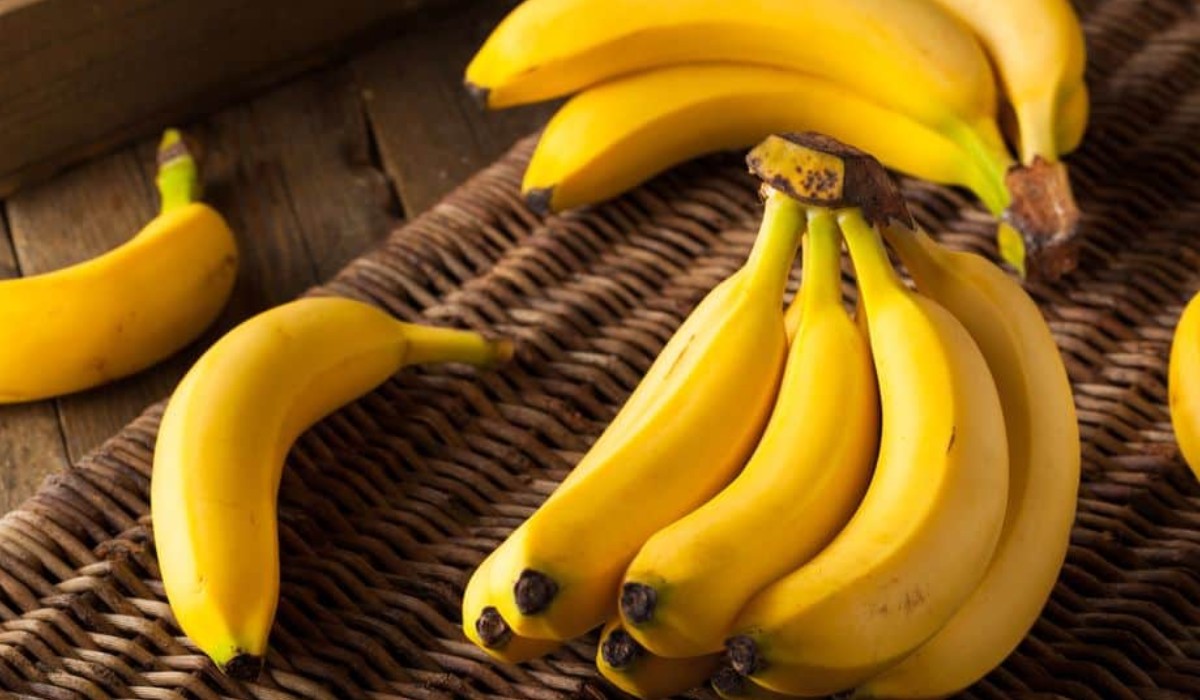Nebraska has become the first U.S. state to receive a federal waiver allowing it to prohibit the purchase of soda and energy drinks using Supplemental Nutrition Assistance Program (SNAP) benefits. This policy change, announced on May 19, 2025, by U.S. Agriculture Secretary Brooke Rollins, will affect approximately 152,000 SNAP recipients in the state and is set to take effect on January 1, 2026.
Governor Jim Pillen expressed support for the waiver, stating, “There’s absolutely zero reason for taxpayers to be subsidizing purchases of soda and energy drinks. SNAP is about helping families in need get healthy food into their diets, but there’s nothing nutritious about the junk we’re removing with today’s waiver.”
Debate Grows Over Health and Access in SNAP Reforms
The initiative aligns with the Trump administration’s “Make America Healthy Again” campaign, led by Health Secretary Robert F. Kennedy Jr. and Agriculture Secretary Brooke Rollins, aiming to promote healthier eating habits among low-income Americans. In addition to Nebraska, six other states—Arkansas, Colorado, Kansas, Indiana, Iowa, and West Virginia—have submitted similar waiver requests to restrict certain food and beverage items under SNAP.
However, the move has faced criticism from anti-hunger advocates. Gina Plata-Nino is the deputy director at the Food Research & Action Center. She argued that the waiver “ignores decades of research showing that incentives—not punitive restrictions—are the most effective, dignified, and equitable way to encourage healthy eating among SNAP participants.” According to her, positive reinforcement works better than limiting choices. She emphasized the importance of dignity and equity in shaping food policies. She emphasized that restricting food choices could stigmatize low-income families and create unnecessary barriers to accessing food.
Historically, the U.S. The Department of Agriculture (USDA) has denied such waivers in the past due to concerns about defining unhealthy foods. Other reasons include implementation challenges and limited evidence of impact on dietary habits. SNAP is a federal program that supports about 42 million Americans annually. It is governed by the Food and Nutrition Act and administered at the state level through the USDA.
The Nebraska waiver marks a significant shift in federal policy. It could potentially set a precedent for other states seeking to implement similar restrictions on SNAP purchases.











